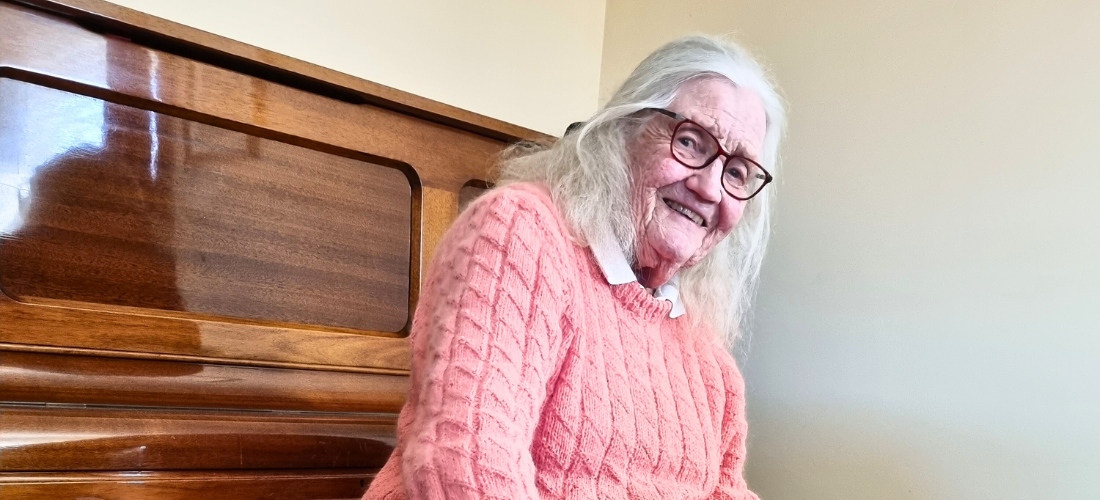Nocturnal hypoxia: An unrecognised risk factor for neovascular age-related macular degeneration
Professor Robyn Guymer AM is Professor of Ophthalmology at Melbourne University and a deputy director of the Centre for Eye Research Australia where she leads a team of researchers investigating age-related macular degeneration (AMD). She is also a senior retinal specialist at the Royal Victorian Eye and Ear Hospital. Professor Guymer is currently investigating new ways to identify and treat early stages of AMD to improve clinical trials assessing early interventions. She is an inaugural fellow of the Australian Academy of Health and Medical Sciences, and a Member of the Order of Australia for significant service to medicine in the field of ophthalmology, and in 2021 was inducted into the Victorian honour roll of women.
Professor Guymer’s project aims to determine how common nocturnal hypoxia (low night-time blood oxygen levels) is in people with neovascular AMD compared to similarly aged people without AMD. The researchers are also interested in comparing the ‘aggressiveness’ of neovascular AMD for example, the age when neovascular AMD developed, whether one or both eyes are affected, the need for more frequent eye-injections, in people with and without nocturnal hypoxia.
The findings of Professor Guymer’s project could confirm whether nocturnal hypoxia is a previously unknown risk factor for neovascular AMD, which would then allowing screening and treatment of people to lower their risk of AMD progression.
Published: 11 August, 2025
Meet a researcher: Dr. Samuel McLenachan
2025 Research Grant Recipient
Genotype-phenotype correlations in PRPH2-associated retinal dystrophy
















